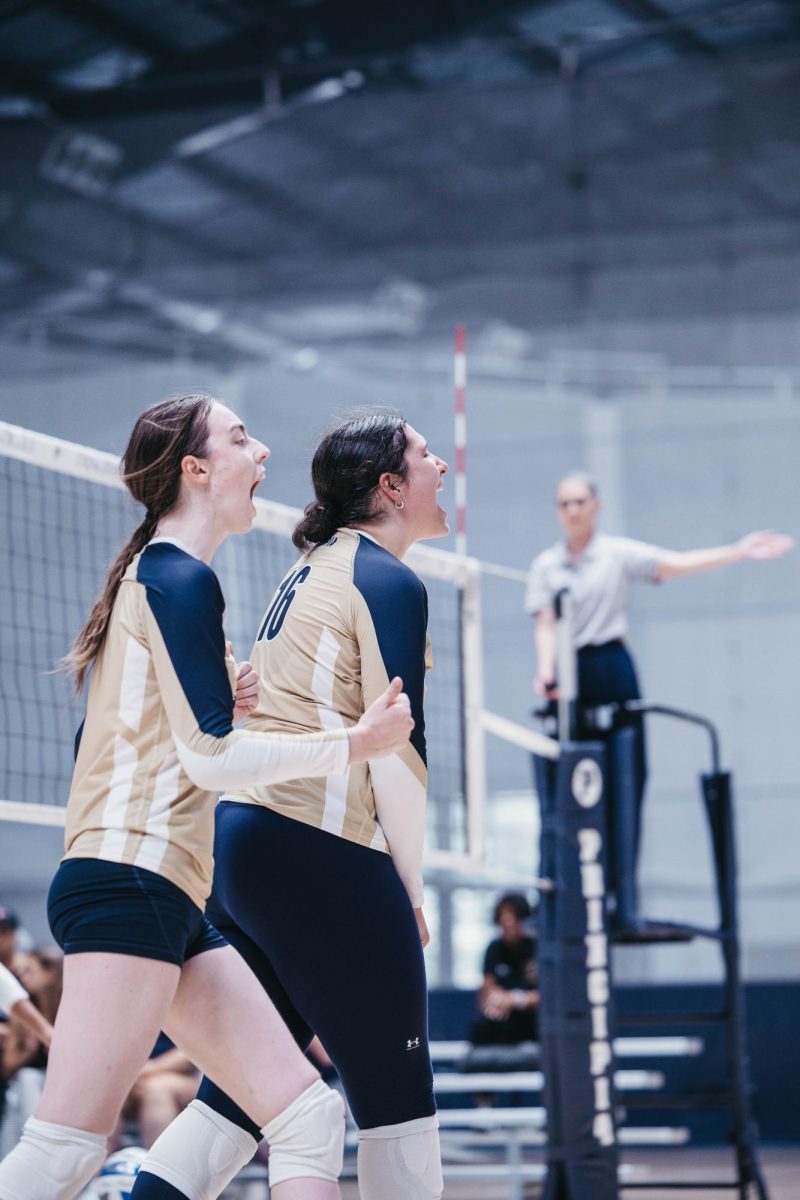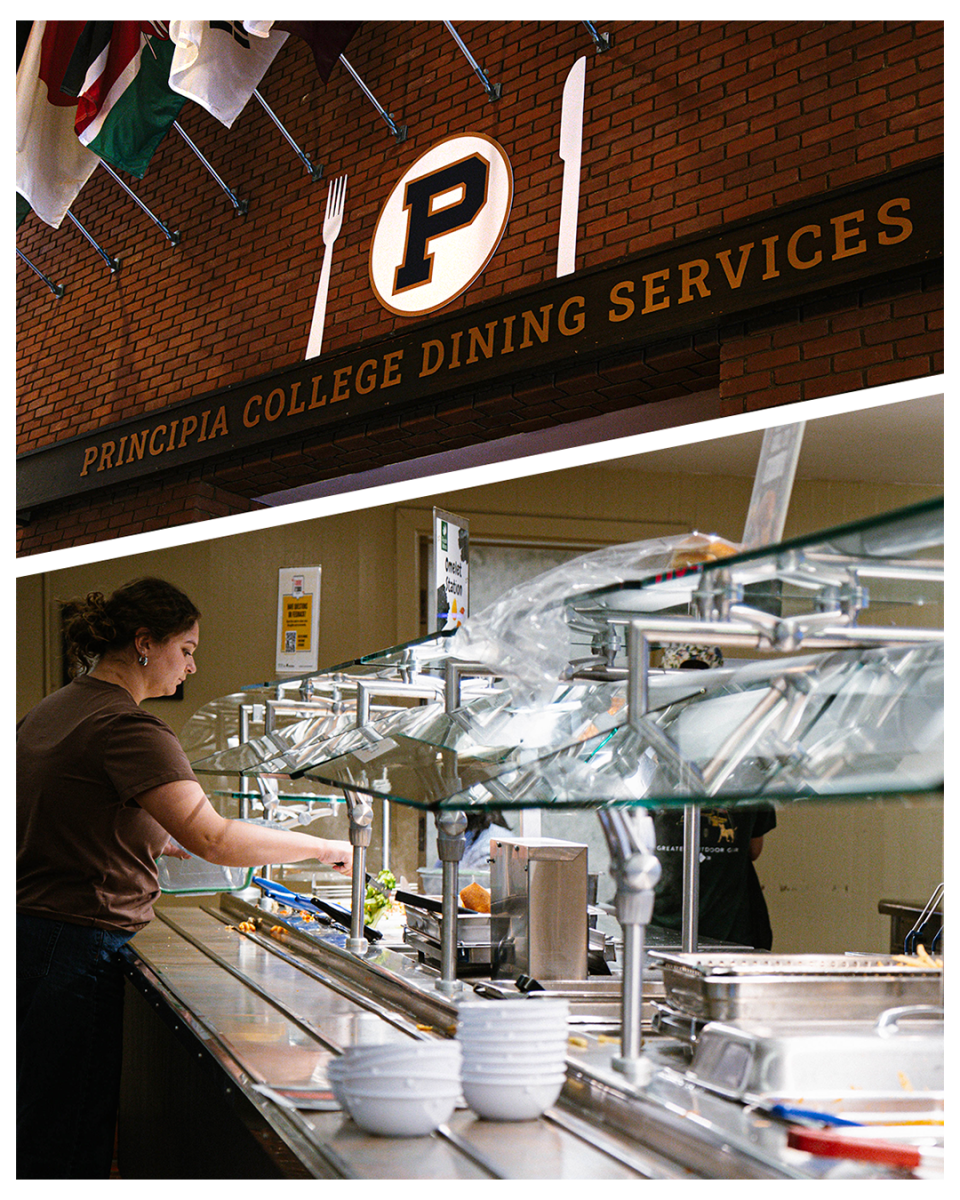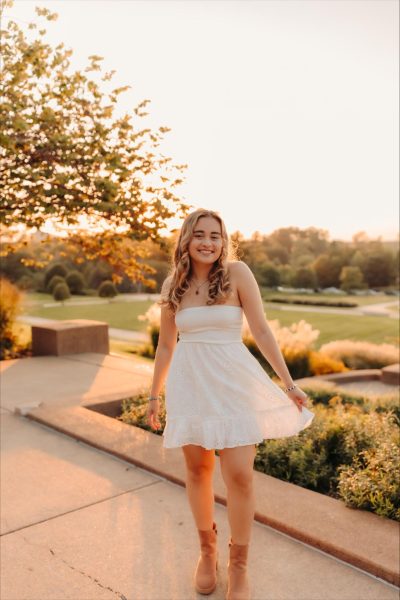Several students raised their hands to ask questions of the four journalists present at this year’s 24th Monitor Night Live during Homecoming Weekend in Cox Auditorium to ask hard questions related to elections and power dynamics playing out in elections around the world.
College President Dr. Daniel Norton invited journalists from The Christian Science Monitor to speak on how the elections are making a global impact worldwide. The name of this year’s panel was “Year of the Elections: Themes and Threads Around the World.” This year’s Monitor Night Live not only emphasized the US elections on Nov. 5 between Republican Donald Trump and Democrat Kamala Harris but also covered the more than 50 other elections happening around the world. This year’s national elections together represent almost half of the global population.
“When you look at elections from a higher perspective, what elections really do, is, they give you a mirror on what that country is struggling with. What that country looks like, what that country is thinking about at the moment,” Christian Science Editor in Chief Mark Sappenfield said at the start of the panel discussion.
Sappenfield, who moderated the event, told the audience at the beginning of the panel that he and his fellow panelists wanted to frame the discussion in a way that made sense of why they should care about elections and why elections have been so unsatisfying recently. Elections, he said are about who gets the power and authority to make big decisions, he said. But asked the audience to think about it from a higher perspective. He said elections tell a story of change, and of how a society is trying to manage change. The other three panelists reiterated that throughout the event.
West Coast Bureau Chief and staff Writer Francine Keifer said that from her reporting on the US elections, she could say these elections were historic.
She shared that, based on polling, if elections were issues-based, meaning solely focusing on immigration and economics, Trump would win. But US elections are based on many factors, including popularity, which might explain the tight race between Trump and Harris.
The conversation continued with Asia Editor Lindsey McInnis mentioned that in Taiwan, there is a civil movement where people are both preparing for the worst and working to combat misinformation. In India, there was a democratic backslide in their elections where a billion people were registered to vote and the election lasted more than a month. McInnis concluded that we should care about other countries’ elections because it helps us understand their values.
The stage was then turned over to Troy Sambjon, a recent hire at The Monitor. Sambjon shared his perspective on what it means to be a journalist, which he saw as a way of storytelling and giving a voice to people in communities. He shared that journalism can create a feeling of belonging to a community and empower a sense of hope during times of unrest.
When the panel finished speaking, the audience was encouraged to ask questions and engage in the conversation. Many people asked questions concerning the elections in the US, Taiwan, and India, and even elections in Ukraine and Venezuela.
One student asked whether the reporters thought the US had served its cause in promoting democracy, or whether it had hurt the world.
“One of the things I always guard against is turning things into ‘either ors,’ generally I feel like if you turn something into ‘it’s either this or that,’ the truth is almost always somewhere in the middle,” Sappenfield responded. “The truth is not necessarily in the black or white, it’s in the gray.”
Monitor Night Live was established at Principia College in 1997. The president of Principia College, who had previously worked at The Christian Science Monitor, hosted journalists from The Christian Science Monitor for a “Monitor Night Live” panel discussion on campus. The main purpose was to foster a relationship between The Monitor and the College and to help students navigate news media and global issues with advice from professional journalists. Principia faculty and staff say it is a consistently popular event.
Those who could not attend in person had the option to livestream the event on YouTube. More than 1,000 people signed up to watch on the livestream, according to Norton. And faculty, staff, students from the College and Upper School, and alumni attended the event in person. One administrator put the in person estimate around 240 people. Last year’s event in Wanamaker Hall was standing room only, but counts estimated fewer people.




